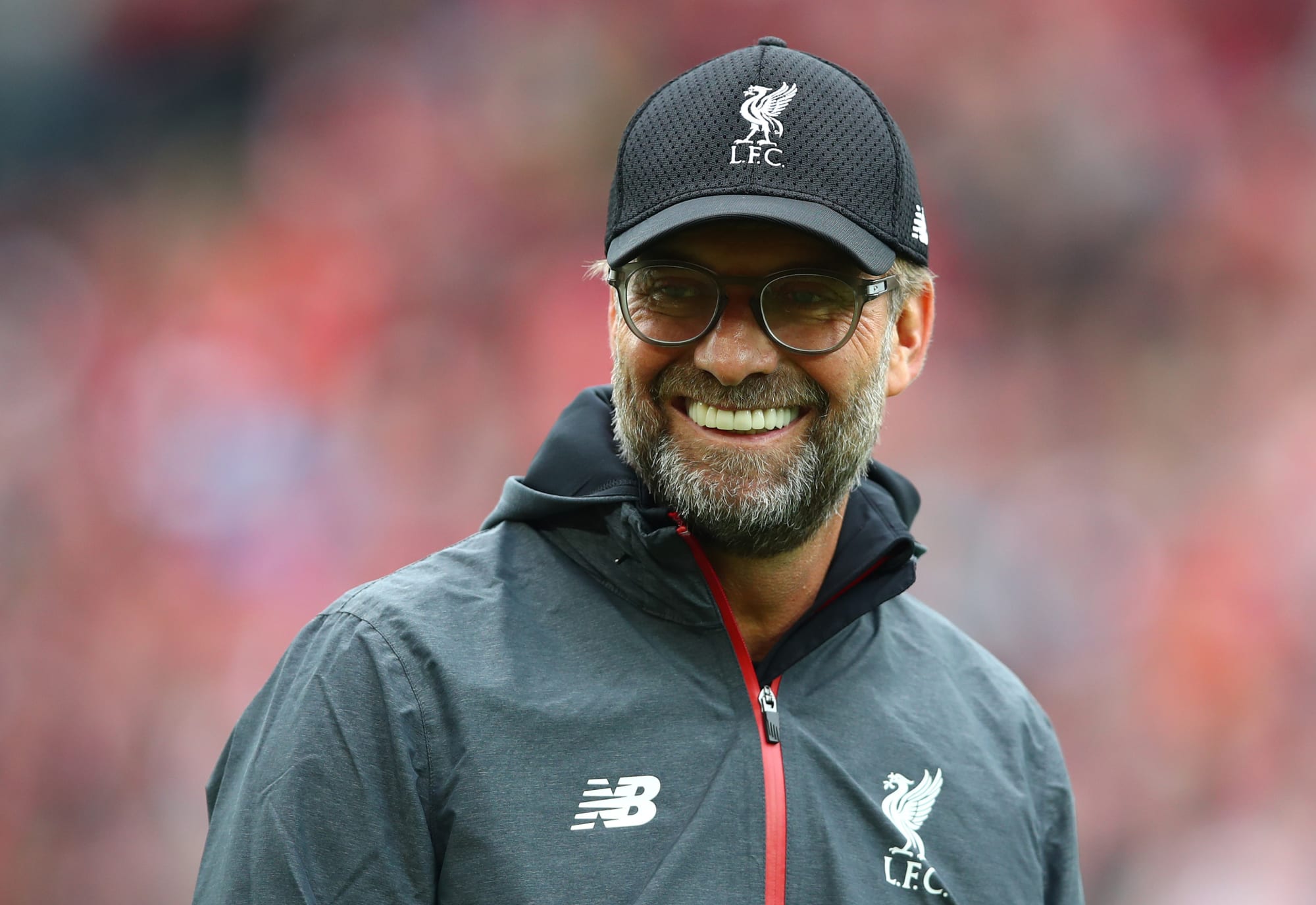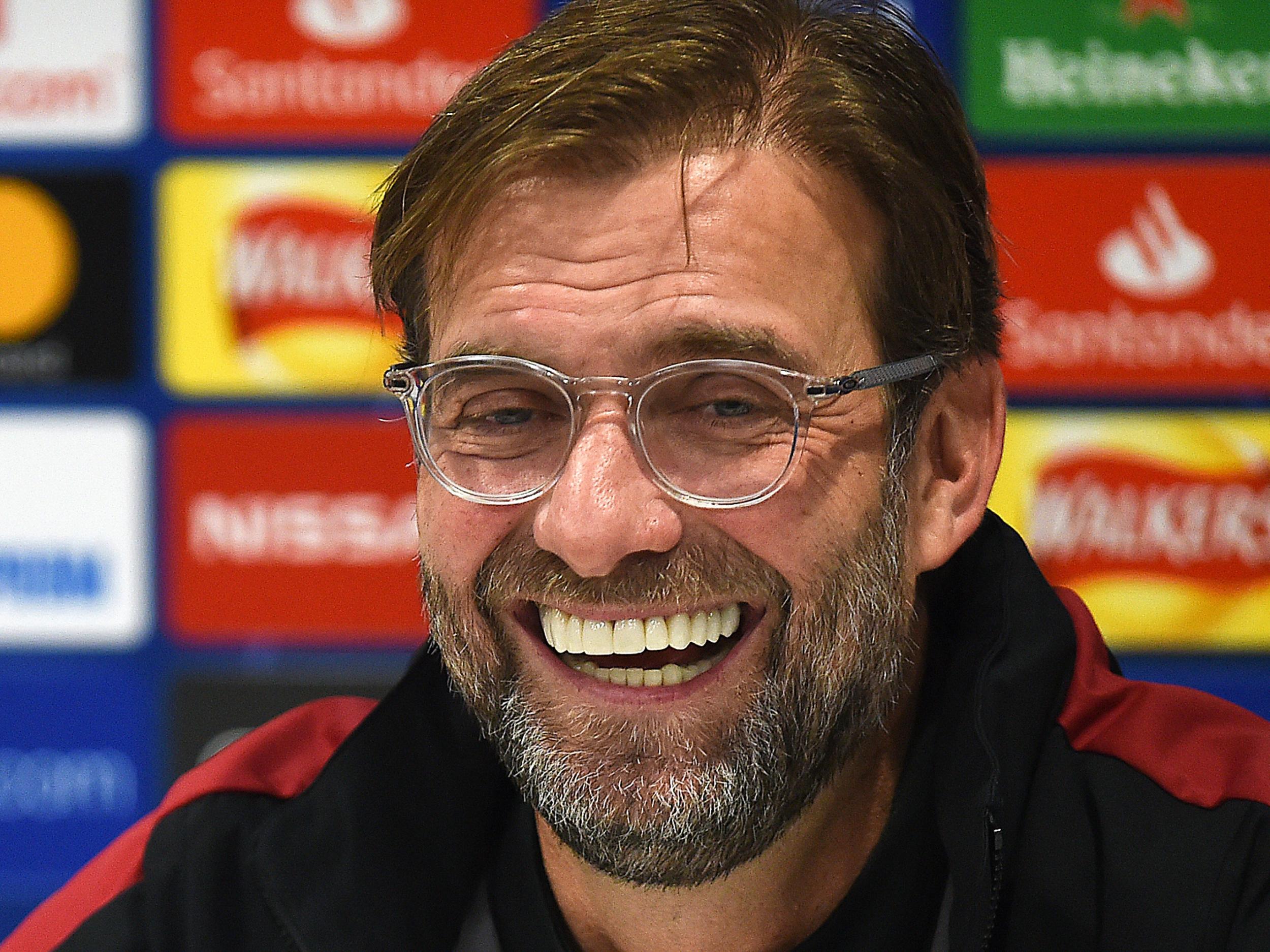Managerial Career

Jurgen Klopp’s managerial career began in 2001 with Mainz 05, where he spent seven years. During his tenure, he guided the club from the third division to the Bundesliga, establishing them as a formidable force in German football.
Jurgen Klopp’s tactics have been a major factor in Liverpool’s recent success, and his team will be looking to continue their good form when they face Uruguay in a friendly match on Wednesday. The match is being played in the United States, and the odds are currently in favor of Uruguay.
However, Klopp will be confident that his team can get a result, and a win would be a major boost ahead of the new season. Uruguay vs USA odds are available online, and Klopp will be hoping that his team can defy the odds and get a positive result.
In 2008, Klopp took over at Borussia Dortmund, where he achieved remarkable success. He led the team to two Bundesliga titles, a DFB-Pokal triumph, and the UEFA Champions League final in 2013. His attacking, high-energy style of play earned him widespread acclaim and established him as one of the most respected managers in the world.
Jurgen Klopp’s Liverpool has faced formidable opponents throughout his tenure, but none as unpredictable as the rivalry between Uruguay and Bolivia. Like the heated battles on the football pitch, the tension between these South American nations uruguay bolivia often flares up in unexpected moments, leaving Klopp to navigate the complexities of international football.
Liverpool
In 2015, Klopp was appointed manager of Liverpool, where he has continued to showcase his managerial prowess. He guided the Reds to their first Premier League title in 30 years in 2020, as well as a UEFA Champions League triumph in 2019. Klopp’s Liverpool team is renowned for its relentless pressing, quick transitions, and attacking flair.
Tactics and Formations: Jurgen Klopp

Jurgen Klopp is known for his innovative and attacking approach to football management. His tactical systems and formations have been widely praised for their effectiveness and adaptability.
Klopp’s preferred formation is the 4-3-3, which he has used to great success at both Borussia Dortmund and Liverpool. This formation provides a solid defensive base with four defenders, while also allowing for plenty of attacking options with three forwards. Klopp’s teams are known for their high-pressing style, which forces opponents to make mistakes and gives them the opportunity to create chances on the counterattack.
Klopp is also willing to adapt his tactics to suit different teams and opponents. For example, against teams that play with a low block, he may switch to a 4-2-3-1 formation, which provides more attacking options in the midfield. He may also use a 3-4-3 formation against teams that play with a high press, as this formation provides more protection for the defense.
Klopp’s tactical flexibility has been a major factor in his success as a manager. He is able to identify the strengths and weaknesses of his opponents and develop a game plan that will exploit them. This has allowed him to achieve success against even the most difficult opponents.
Specific Examples of Klopp’s Tactical Effectiveness
There are many examples of matches where Klopp’s tactics have been particularly effective. One example is the 2018 Champions League final, in which Liverpool defeated Real Madrid 3-1. Klopp’s team played with a high press and forced Real Madrid into making mistakes. This allowed Liverpool to create chances on the counterattack and eventually win the match.
Another example is the 2019-20 Premier League season, in which Liverpool won their first league title in 30 years. Klopp’s team played with a relentless intensity and dominated their opponents throughout the season. They finished the season with a record-breaking 99 points, which is the highest points total in the history of the Premier League.
Klopp’s tactical acumen is one of the main reasons for his success as a manager. He is able to identify the strengths and weaknesses of his opponents and develop a game plan that will exploit them. This has allowed him to achieve success against even the most difficult opponents.
Player Management
Jurgen Klopp’s player management approach is a blend of empathy, motivation, and tactical acumen. He prioritizes building strong relationships with his players, fostering a positive and supportive environment that encourages growth and development.
Klopp’s motivational techniques are multifaceted. He sets clear expectations, provides constant feedback, and celebrates successes. He also emphasizes the importance of collective responsibility and team spirit, instilling in his players a sense of purpose and belonging.
Developing Young Players, Jurgen klopp
- Klopp has a proven track record of developing young players, providing them with opportunities to shine and nurturing their potential. He believes in giving youngsters a chance to prove themselves and is not afraid to trust them with key roles.
- Klopp’s approach to youth development involves creating a supportive environment where young players can learn and grow without excessive pressure. He provides them with guidance, mentorship, and opportunities to showcase their skills.
Handling Squad Dynamics
- Klopp’s ability to manage squad dynamics is one of his greatest strengths. He fosters a competitive yet harmonious environment, where players are encouraged to push each other while maintaining a sense of camaraderie.
- Klopp values open communication and transparency. He addresses conflicts directly, promotes dialogue, and ensures that every player feels valued and respected. His inclusive leadership style helps create a cohesive and united squad.
Relationships with Key Players
- Klopp has developed strong relationships with key players throughout his managerial career. He recognizes the importance of having influential leaders within the team and invests time in building personal connections with them.
- Klopp empowers his key players, giving them autonomy and responsibility. He trusts their judgment and values their input, fostering a sense of ownership and accountability.